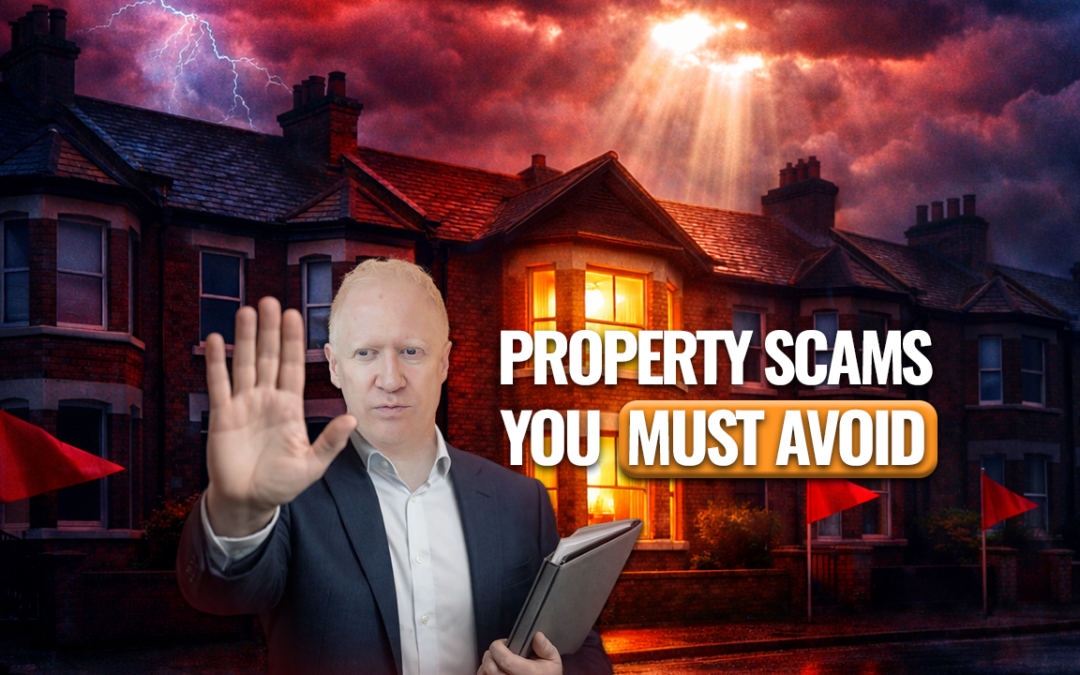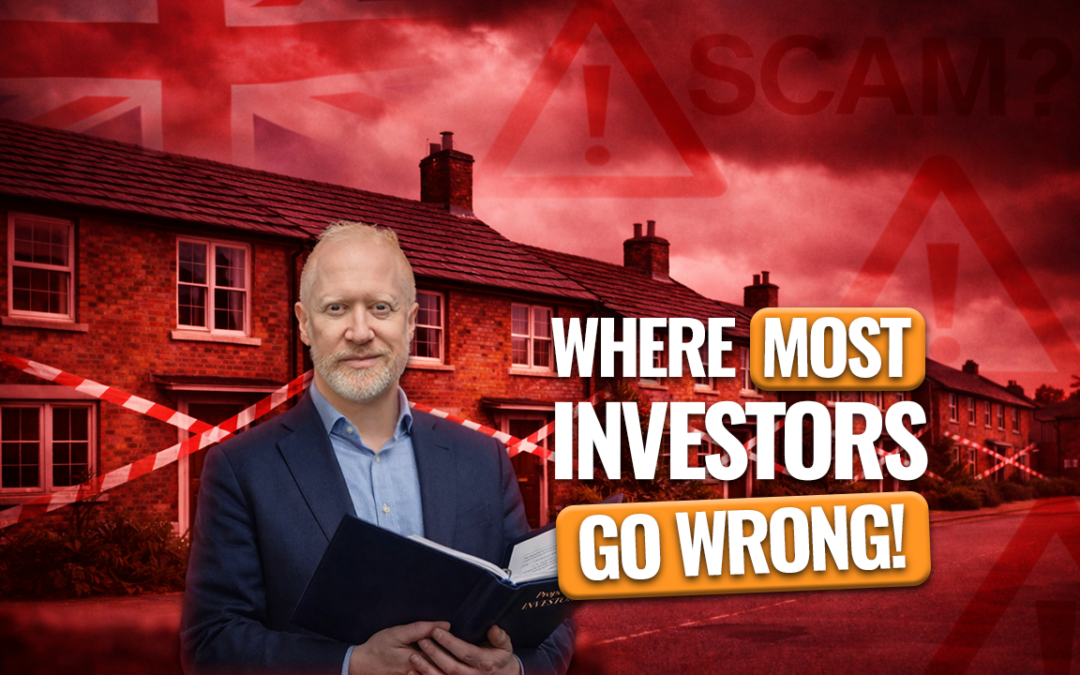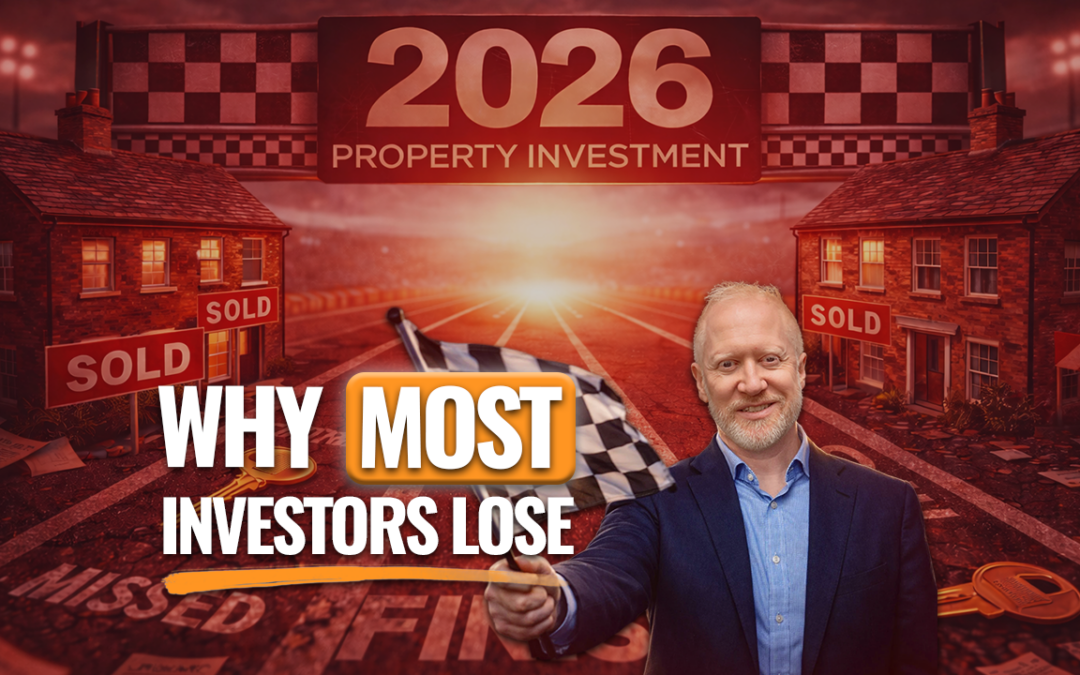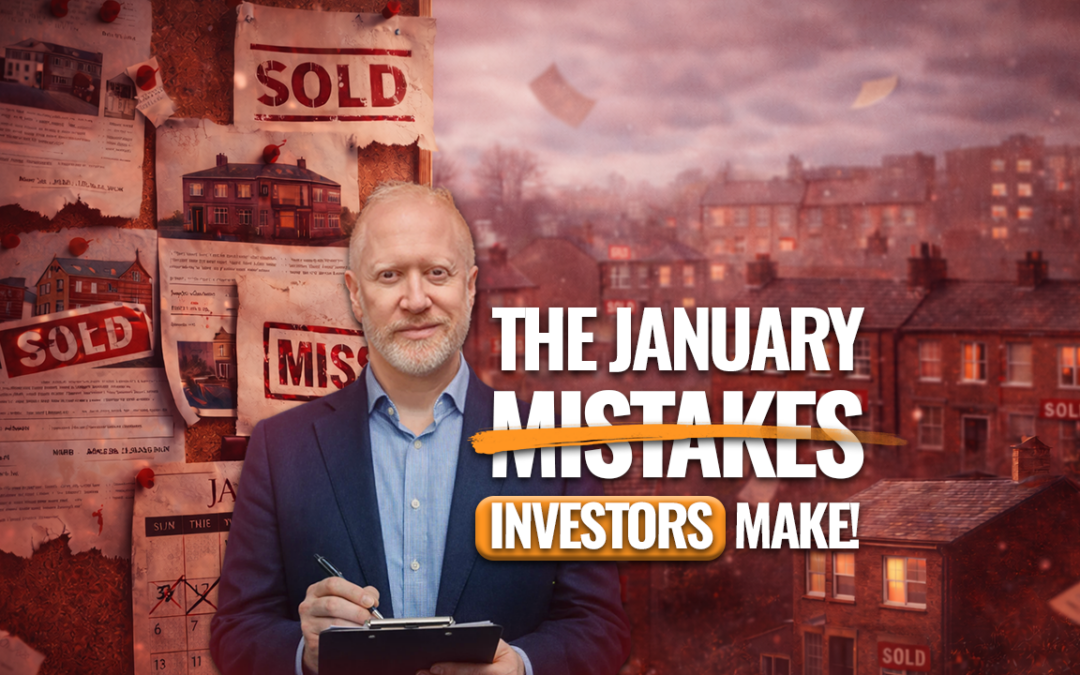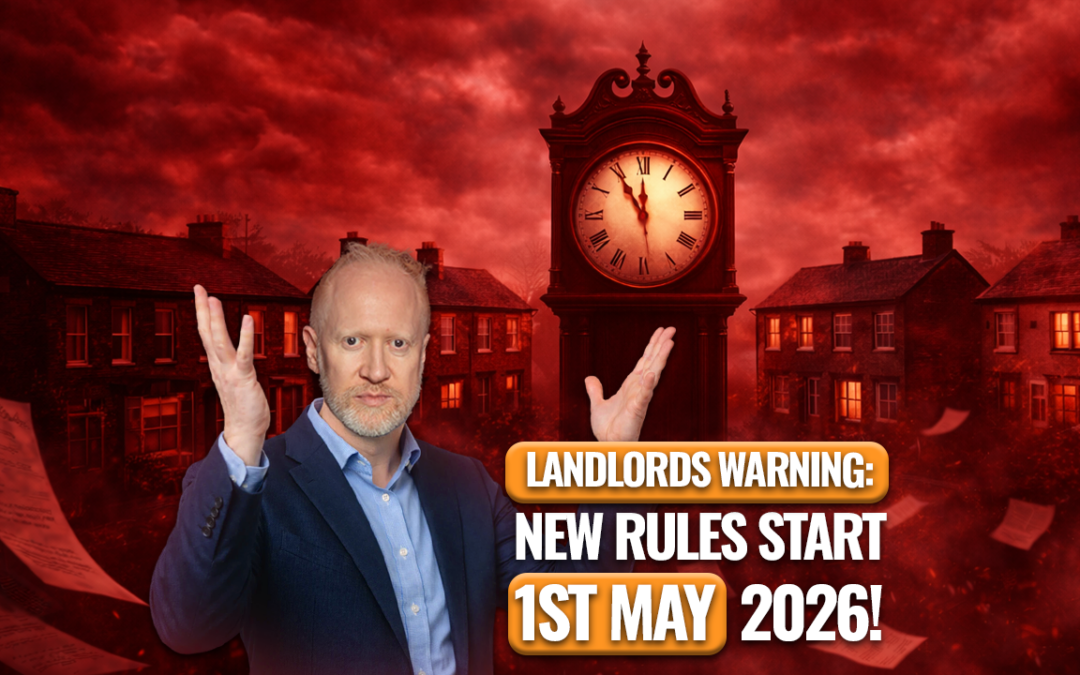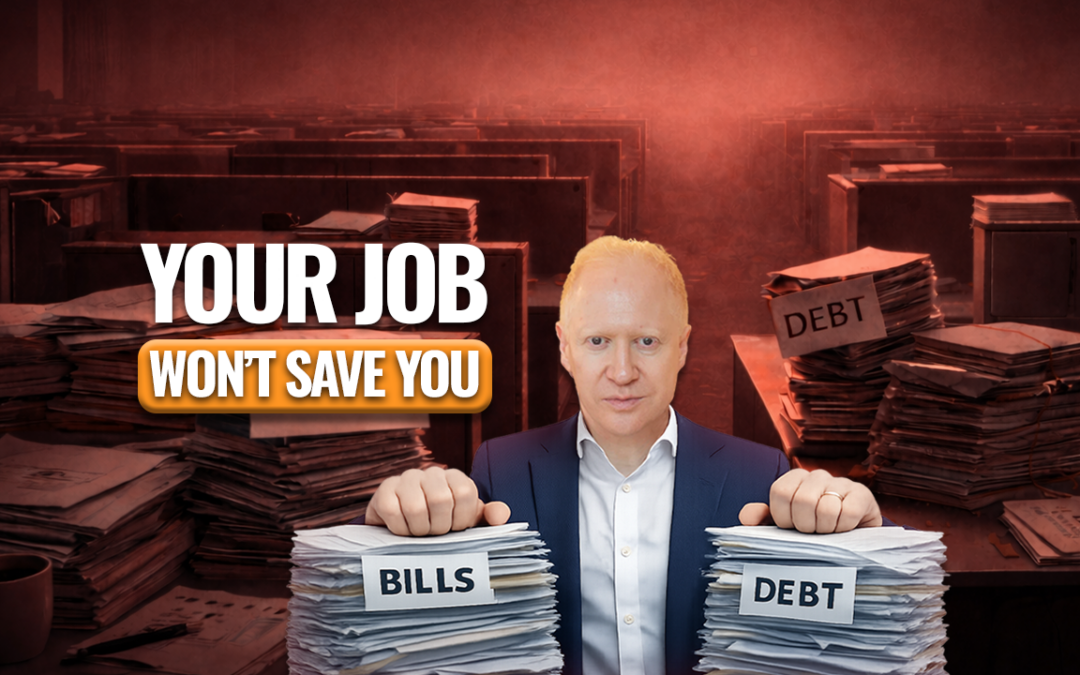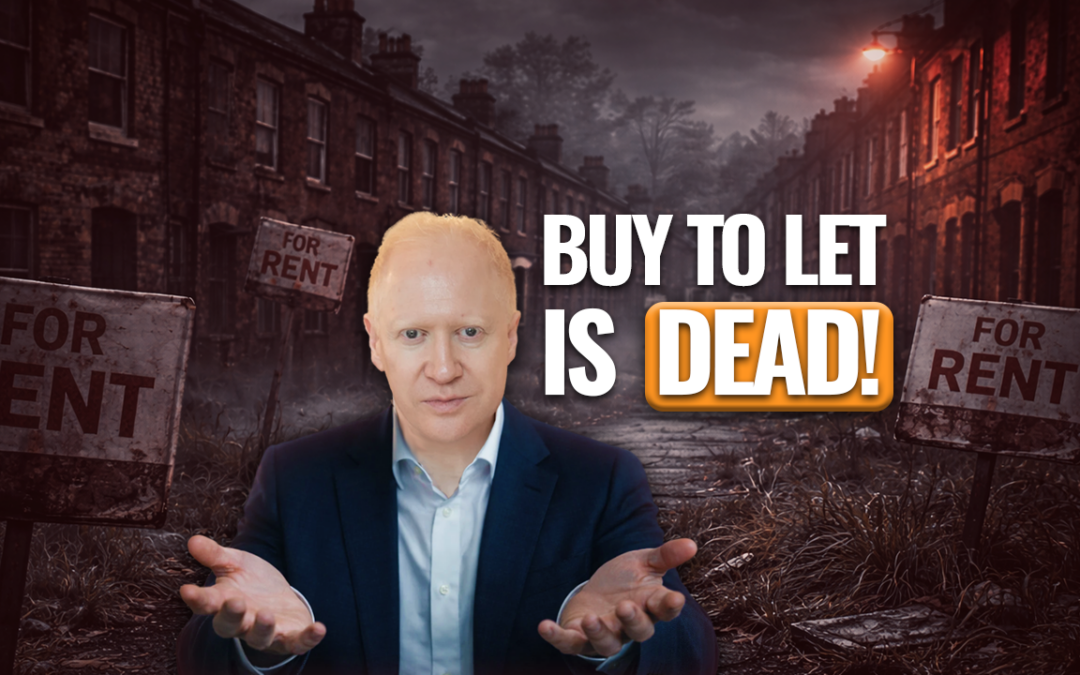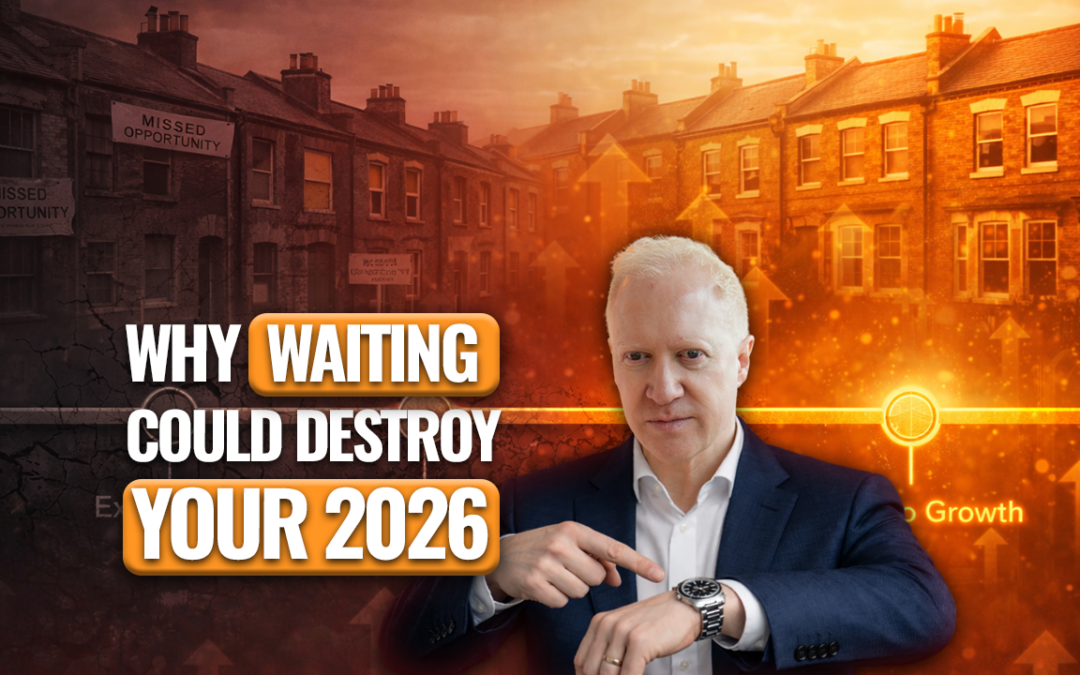Property Flipping for Beginners
How to flip a house for beginners is what we’re going to be discussing in this property education blog post. One of the many strategies I’ve used over the years is flipping property. The idea is, you find a property, ideally below market value, spend money doing it up and you increase the value and sell it to someone else at a profit. That’s fundamentally how you flip a house. Let me give you a little bit of detail around the specifics. So first of all, there are three main factors that will influence how much money you make when you flip a house. The first one is the price at which you buy the property. You want to make sure you’re buying it at a really low price. That might sound obvious, but this is a ‘how-to’ for beginners so I want to explain the basics.
Buy At A Discount
You want to buy at a discount off the true market value. That might be a discount because it needs some work doing to it, or maybe it’s a discount because it’s what we call a motivated seller. This is something I talk about in my book, ‘Property Magic’; we’re looking for motivated sellers for whom the speed and certainty of sale is sometimes more important than the amount of money they get. So first of all, buy at a really good price.
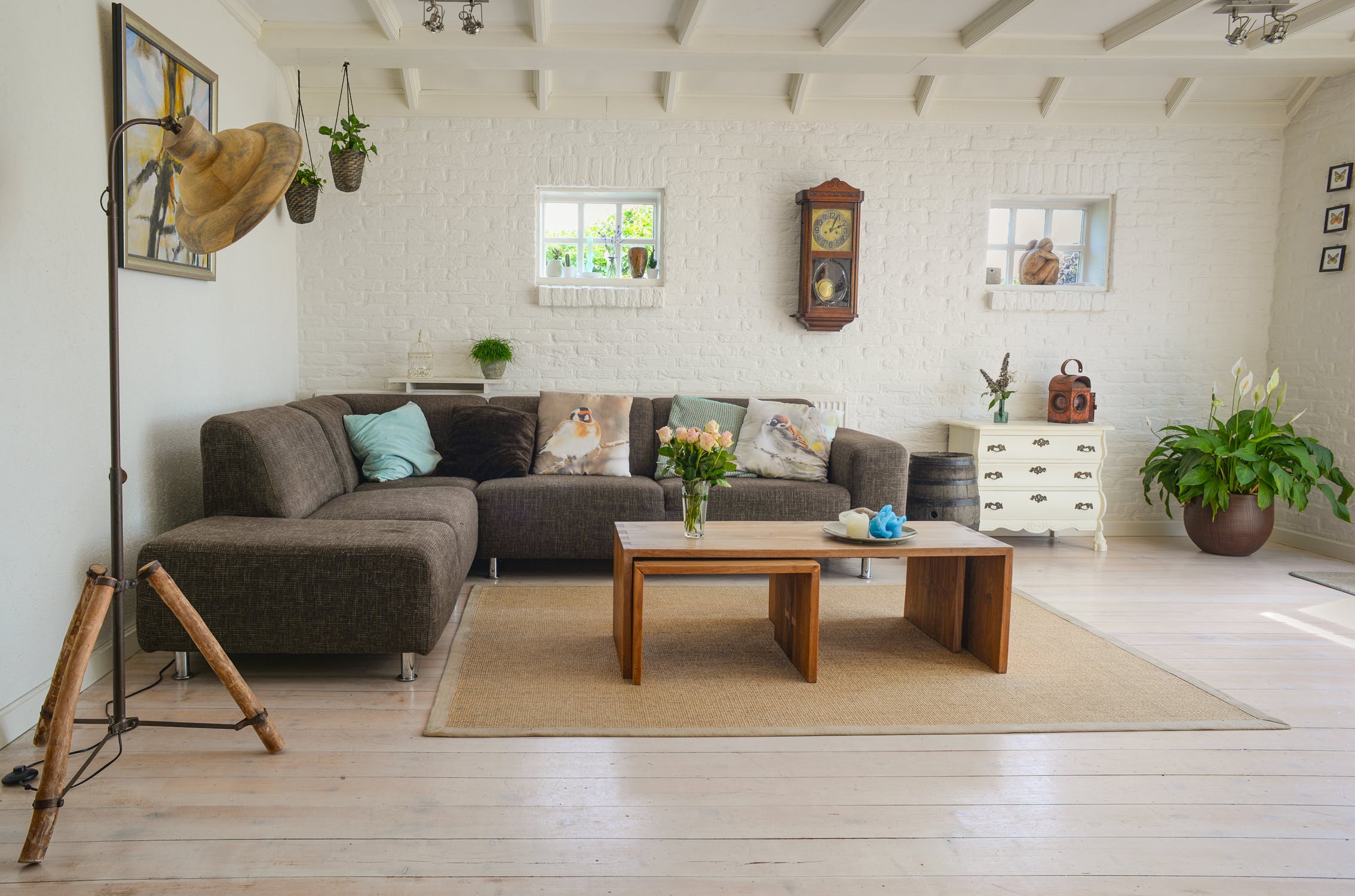
Carefully Plan and Keep Renovation Costs Low
The second factor that influences how much profit you’re going to make is how much you spend on the renovation. When you first start doing this, you may not be as good as you’ll get once you’ve done a few deals. The more you do the better you get, the smarter you get. I would get a builder in the area who you trust, who has been recommended to you, to come and give you a quote. How much is it going to cost to get the work done? There are certain things you can do to keep the cost down but still make it look fantastic. You want to do a good job, obviously you’re then going to sell it to someone.
You’ll want to make the property look fantastic so they want to pay the top price. If you don’t control the costs that can massively eat into your profit. In fact, that’s sometimes how people lose money; they end up spending more than they should. The money they spend is not as much as the value they create. Something to remember is the money you spend should always be less than the value you’re adding to the property. So you need to really control the costs. One of the ways you do that is you think very carefully about what you want to happen in the property. If you change your mind halfway through the renovation and say “Oh, no, I don’t like this, can you put it over there?” The builders will say “Yeah, sure, we can do that, but it’s going to cost you more money.” So try and get a really good idea of what you want. Go and look at other properties in the area that someone else has renovated and get some ideas and inspiration about how you can make the property look fantastic.
“Something to remember is the money you spend should always be less than the value you’re adding to the property.”
Do Your Research and Crunch the Numbers
The final factor, the third factor, that’s going to influence how much you money you make is the price at which you can sell the property. Very often investors make a mistake. They overestimate how much the property is going to be worth. They hope it’s going to be worth this amount and it doesn’t actually sell for as much, they don’t make as much money. The way you can mitigate the risk is speak to a couple of local agents, maybe the agent you’re buying it from, and say “Look, if I do this, this and this to the property and spend this amount of money, how much can you sell the property for?” And they’ll tell you what they think. Then say “Look, if I had to hold a gun to your head and get you to sell it in 30 days, get a sale degree to it, what could you sell it for?” And they’ll give you a lower price. That lower price might be the one you want to do your figures on. Now I have a rule of thumb here. If I’m buying a house, doing it up and selling it on, I want to make a minimum of 20% profit. If the end value is going to be £200,000, I work out what is 20% of £200,000 and that would be £40,000. In other words, take £40,000 off £200,000. Therefore £160,000 is the maximum I can spend. That’s buying it, doing all the work and the cost of the finance. You might be borrowing money while you’re doing all this work, including the selling and the buying cost as well. Why do you want 20%? Well, you need to plan for 20% margin. You might not make 20%, but you need to plan for that because sometimes things take longer than expected.
The finance cost might be more, the renovation cost might be more, and you might not sell it for what you want. Therefore if you have a 20% margin, it means even if you spend more and if you sell it for less or the margin comes down, you still make some money.
The worst thing you can do is buy something, spend a year doing it up and trying to sell it. You sell it and you end up making a loss. Because then that’s not only lost money, but it’s a wasted year of your life too. Make sure you only do great deals. How can you do that? Get educated. Read lots of these free articles and read books like ‘Property Magic’, we have a ‘Property Magic’ podcast as well which is completely free. You can find it on Google, on Google Play, on iTunes and Spotify. Go and search for ‘Property Magic’ podcasts. There’s lots of information in there. Some of it is for beginners, some of it is more advanced. But go and listen to that to really understand, to make sure you know what you’re doing. So to summarise I think buying property to flip, which means you’re selling it quickly to someone else, is a great strategy.
“Say “Look, if I had to hold a gun to your head and get you to sell it in 30 days, get a sale degree to it, what could you sell it for?” And they’ll give you a lower price. That lower price might be the one you want to do your figures on.”

My Two Final Thoughts
So here are my two final thoughts. One is, you need to make sure it’s the right market conditions to do it. When a market’s growing and booming, that’s fine. Or even if it’s static, but if a market’s coming down, you might want to be careful. Because maybe you buy it and you do work, but by the time you come to sell it, the value’s gone down and you don’t get the price you want. So that’s a risk, especially in affording markets. So make sure the market conditions are right for flipping. To cover yourself, I would make sure that if you can’t sell this property, you could refinance it to get most of your money back. So remortgage it and then you rent it out. You want to make sure that it stacks up as a rental property. I hear amateur investors sometimes say “Well, it doesn’t need to stack up, I’m going to sell it to another investor.” Well, another investor is not going to buy it if it doesn’t stack up. If it doesn’t make you cash flow, it doesn’t have a good return on investment, only a first time buyer might buy that. If you’re just selling to first time buyers, you’re cutting down your market of potential buyers. So I would recommend that you educate yourself and understand how to do this properly to make sure you make the maximum money.
The final thought I’ll leave you with is this; you can make a lot of money flipping property. I’ve flipped property and I’ve made some good money doing it. The problem with flipping is that once you’ve sold that property, you’re not going to make any more money from it. In fact, what I prefer to do is to refinance it, to get all or most of my money out and then rent that out property out. Then I get cash flow every single month, profit every single month, and I get the long term capital growth. I’ve sold properties in the past that I’ve regretted selling because I’ve seen how much they’ve gone up in value. It’s hard if you’re just looking one or two years ahead as they may not have gone up as much. But 20, 25 years, which is how long I’ve been investing, I’ve seen prices go up, come down, go up again. I wish I’d held onto some of the properties I’ve sold. So just bear that in mind if you want to make money flipping property, it is a great strategy. But actually if you could hold for the long term, you might make a lot more money in the long term and really build wealth for yourself and your future generations.
So I do hope you’ve enjoyed this post and found it useful. Remember to invest with knowledge, invest with scale, I’ll see you on the next article.

